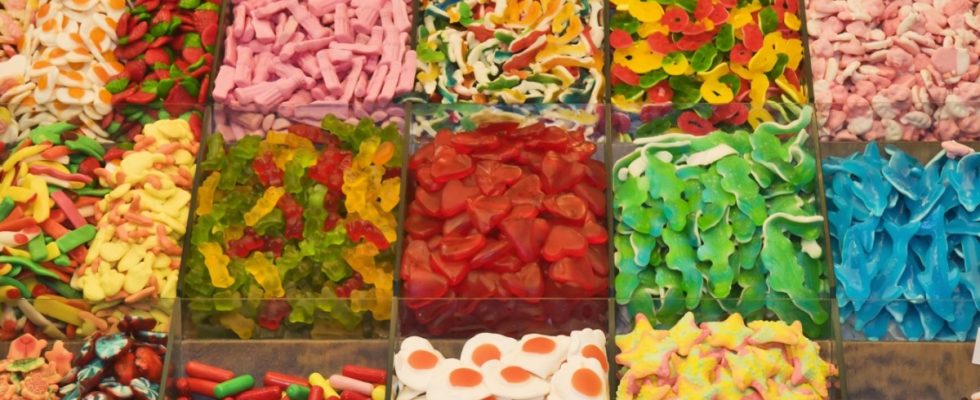Inflation in Germany eased somewhat in July. Because food prices are no longer rising so sharply, goods and services cost an average of 6.2 percent more than a year earlier, the Federal Statistical Office announced on Tuesday, thereby confirming an initial estimate from the end of July. However, inflation remains at a high level, said President Ruth Brand. “Especially the price development of food continues to drive inflation.” However, the data as a whole showed that the downward trend in inflation was broadening, explained the scientific director of the trade union-affiliated IMK Institute, Sebastian Dullien. He expects a sharper decline in September. In June the inflation rate was still 6.4 percent, in May it was 6.1 percent.
From June to July, the cost of living increased by 0.3 percent. At the beginning of the second half of the year, energy costs were 5.7 percent higher than a year earlier (June: +3.0 percent). The head of the statistical office, Brand, justified this with a statistical effect, since the EEG surcharge was omitted in the comparison month of July 2022. Despite the tank discount in the previous year, fuel was cheaper than a year ago (-4.9 percent). Food prices rose again particularly significantly, at 11.0 percent, but not as much as in June at 13.7 percent.
Nevertheless, consumers had to pay noticeably more for sugar, jam, honey and other confectionery (+18.9 percent). Bread and grain products (+16.6 percent), vegetables (+15.7 percent) and fish, fish products and seafood (+14.1 percent) also became noticeably more expensive within the year. On the other hand, edible fats and oils were 12.9 percent cheaper than a year earlier. Services cost an average of 5.2 percent more than a year earlier. Customers had to dig deeper into their pockets, especially for package tours. Here the prices climbed by nine percent. Goods rose overall by 7.0 percent compared to the same month last year. Anyone who buys material at the start of school after the summer holidays sometimes has to spend significantly more than they did a year ago. For example, the prices for paper products such as exercise books or drawing pads rose by 13.6 percent in July.
In the coming months, most experts expect prices to relax more and more. The European Central Bank, which recently raised its key interest rate for the ninth time in a row – to the highest level since 2000, is likely to contribute to this. IMK expert Dullien emphasized that the central bankers should urgently take a break from raising interest rates. “The historically unique interest rate hikes by the ECB are far from having their full effect.”

